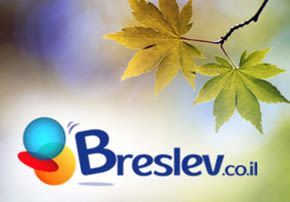
Pearls of Rebbe Nachman’s Wisdom – Sukkah
A person who is negligent in fulfilling the mitzvah of sukkah closes himself off from the beneficence that God bestows upon men. Instead he falls to the level of…

1. The mitzvah of sukkah can bring us to experience the radiance of God’s abundance through ruach hakodesh, the spirit of holiness. This experience is a special state of enlightenment granted to certain people when they are worthy of contact with levels of Godliness that transcend the levels of attainment they have reached through their own efforts. For there are levels of Divine wisdom that are granted to people simply through God’s beneficence, without their having to work to acquire that level specifically. Indeed man’s whole task in this world is to work on himself until he is worthy of being granted these transcendental levels. This is the true joy of the World to Come (21:3).
2. The merit of the mitzvah of sukkah brings purity of heart. When your heart is pure it is easy to express yourself before God. You will always find new and original words and prayers (156).
3. The sukkah is a segulah for having children. The sukkah brings relief from strife and divisiveness. Falsehood is cast aside and truth gains the upper hand. The true Teacher of the age is revealed, and the whole world comes to return to God and “serve Him with one consent” (Zephania 3:9) (Likutey Moharan I, 48).
4. Intense prayer, the Land of Israel, and the mitzvah of sukkah are in essence one concept. The three ideas are interdependent (Ibid.).
5. A person who is negligent in fulfilling the mitzvah of sukkah closes himself off from the beneficence that God bestows upon men. Instead he falls to the level of an animal, receiving only what animals receive. This causes the death of cattle and other animals before their proper time, God forbid (266).
6. A person who fulfills the mitzvah of sukkah fittingly can engage in building without running the risk of being harmed. Building is a dangerous occupation, but the precept of sukkah gives protection (Ibid.)
7. From the sukkah comes Torah. Therefore when we enter the sukkah we become suffused with Torah (Ibid.)
8. The mitzvah of the four kinds, the lulav, etrog, hadassim and aravot, brings about a revelation of Da’at, the knowledge of God. Through the mitzvah of the four kinds we can come to realize how the whole earth is filled with God’s glory. We can see Godliness everywhere, even in the languages of the gentiles. People on every level, even the lowest, can come to acknowledge God and draw closer to Him. This mitzvah helps us to bind our hearts to the knowledge of God and in this way to bring the heart under our control. This is what brings us to love God – and through loving God we show the truest love to ourselves. Then we can rise to receive the light of the love which is in Da’at. This is the “hidden light” stored up for the righteous. Through glimpsing it, the hidden Tzaddikim and the hidden Torah are revealed, and abundant peace spreads forth in the world (33).
9. The etrog derives its beauty from the true Tzaddik. He is the “head of the house” over the entire world. It follows that if you acquire a fine etrog which has all the marks of beauty, you will be worthy of drawing close to the Tzaddik. You will be merged in him and your eyes will be opened. It works the other way also: if you are close to the true Tzaddikim, you will be worthy of a beautiful etrog, and in this way you will be able to fulfill this precious and awesome mitzvah fittingly (Likutey Moharan II, 67).
10. You should search far and wide for a fine etrog that has all the marks of beauty. You must weep and cry on Rosh Hashanah and Yom Kippur to be worthy of such an etrog. It is impossible for us to understand the great preciousness and profound holiness of the mitzvah of etrog. The human mind is simply unable to fathom it. Know that by fulfilling this mitzvah in all its beauty you will be worthy of bringing closer the day when our holy Temple will be rebuilt in splendor and glory. May it be God’s will to rebuild it speedily in our days, Amen (Rebbe Nachman’s Wisdom 87).
11. For a discussion of Hashanah Rabbah and Simchat Torah, see Likutey Moharan I, 74.
12. Shemini Atzeret brings about the tikkun of Judgment. In essence this is a tikkun for the holy Covenant (see Rosh Hashanah 9).
***
From Advice by Rabbi Nosson of Breslov, translated by Avraham Greenbaum, published by the Breslov Research Institute. www.Breslov.org.




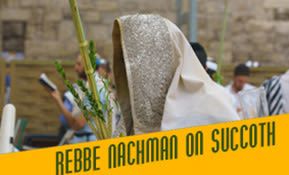
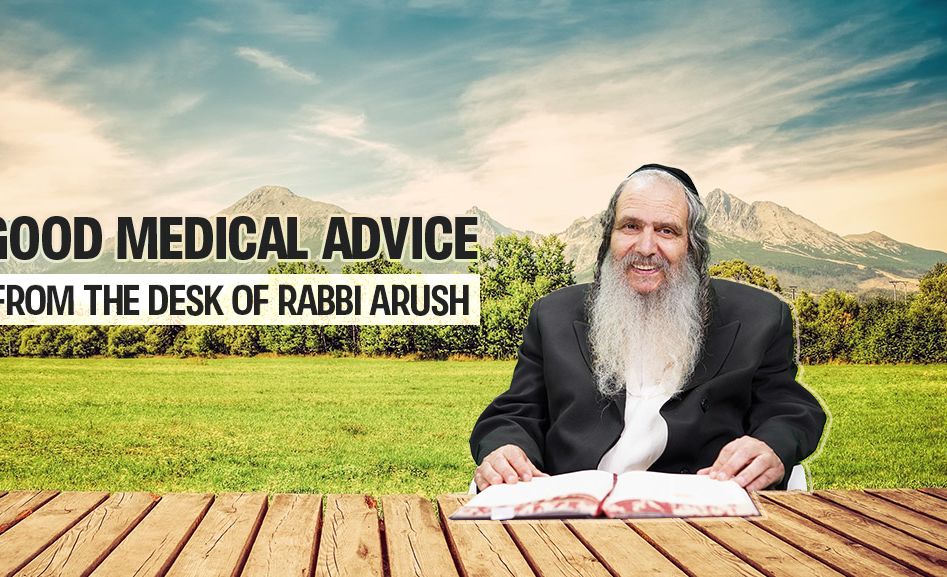


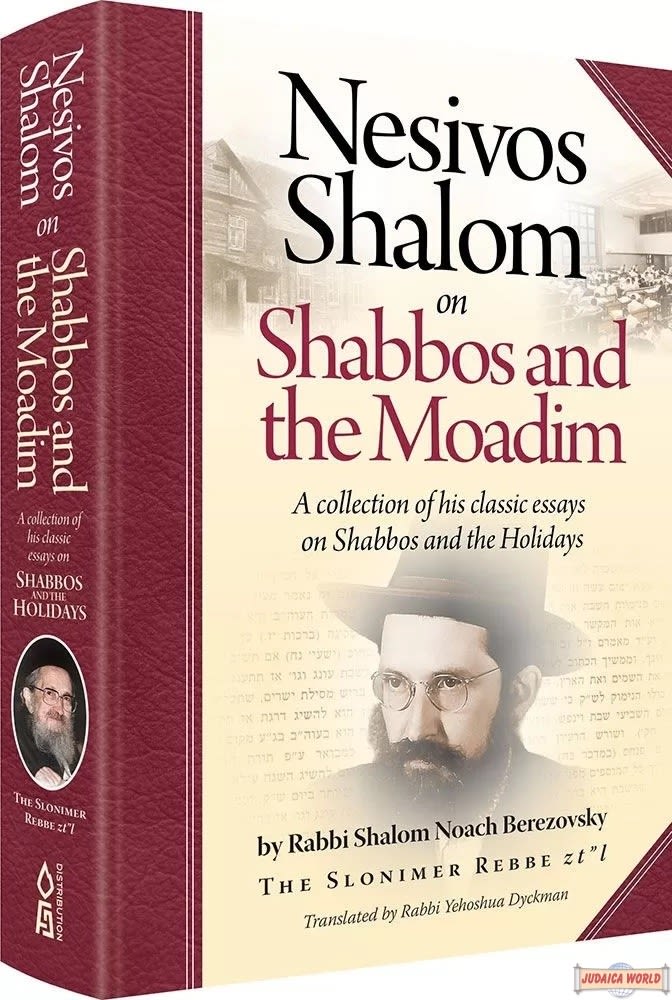
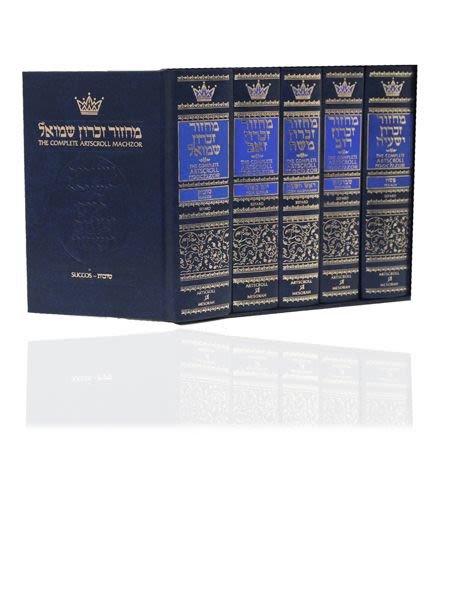
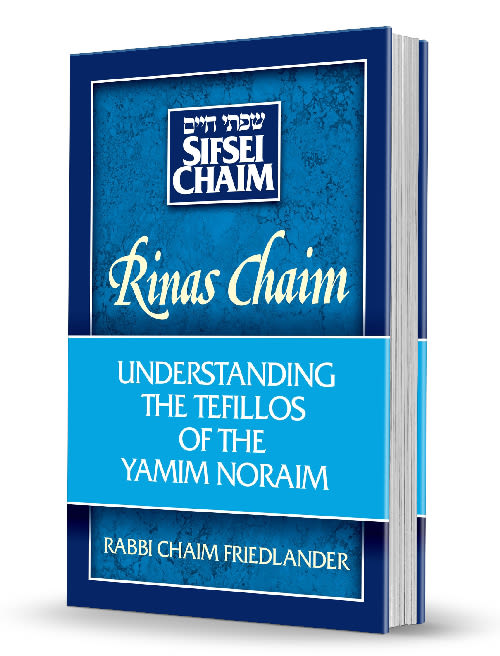
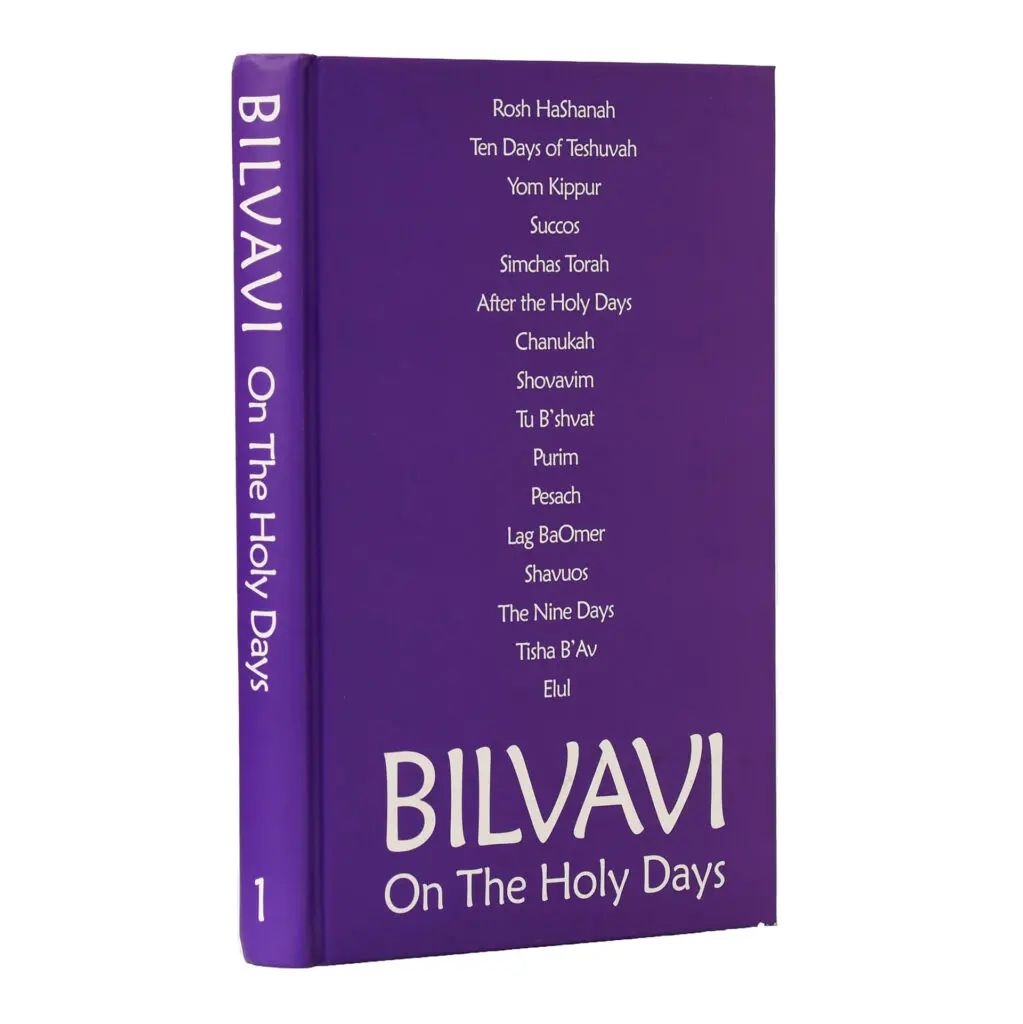
Tell us what you think!
Thank you for your comment!
It will be published after approval by the Editor.